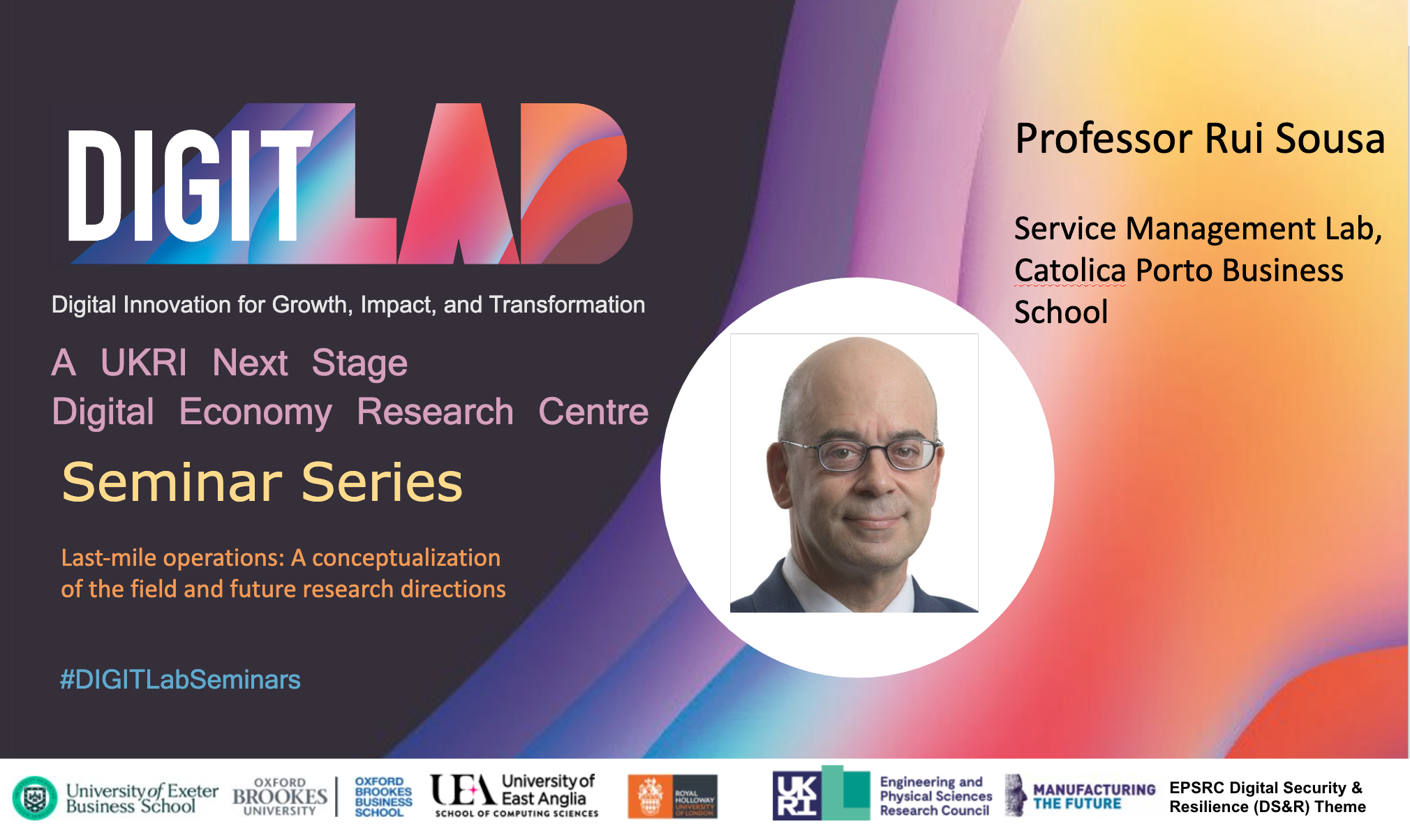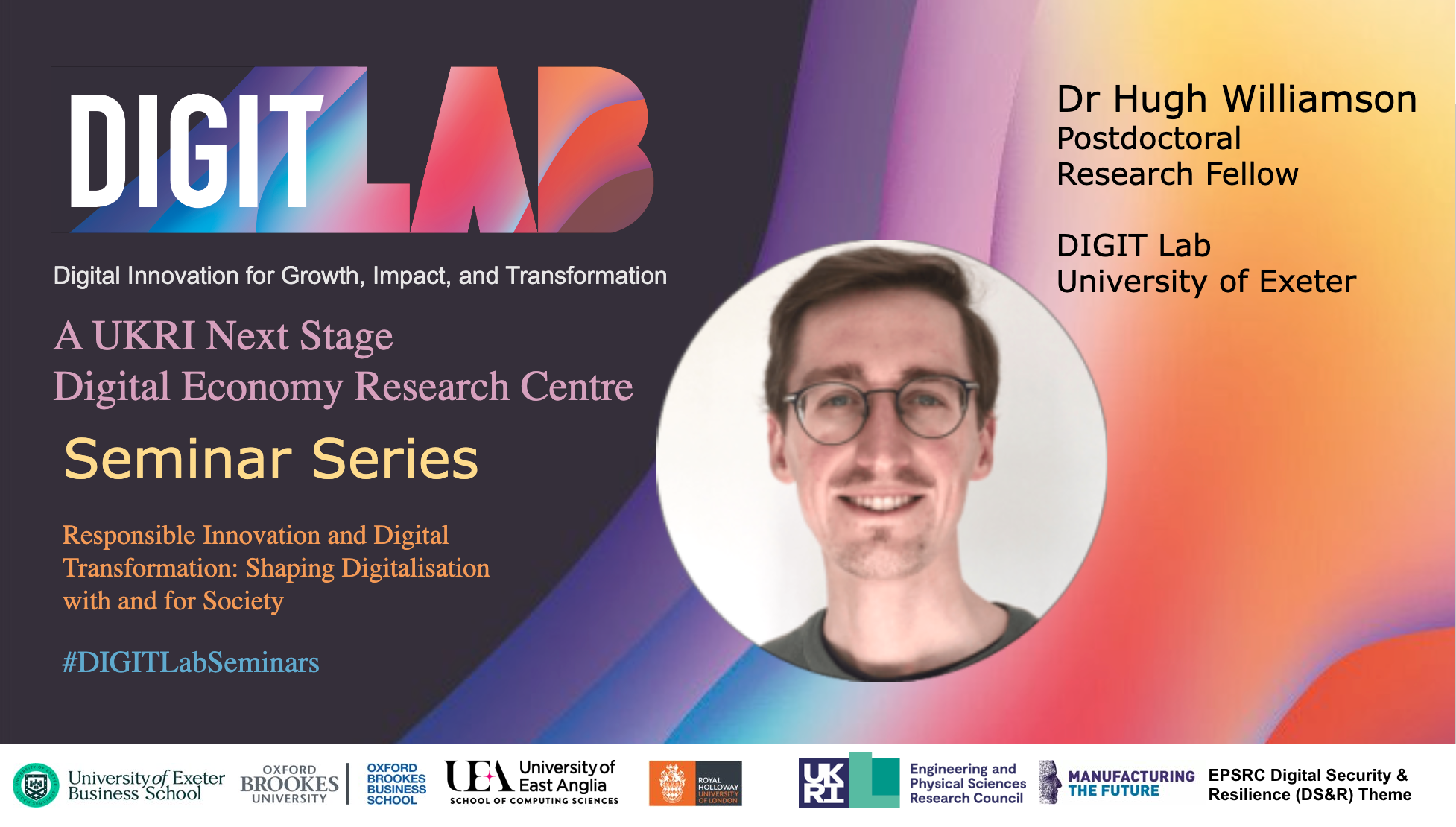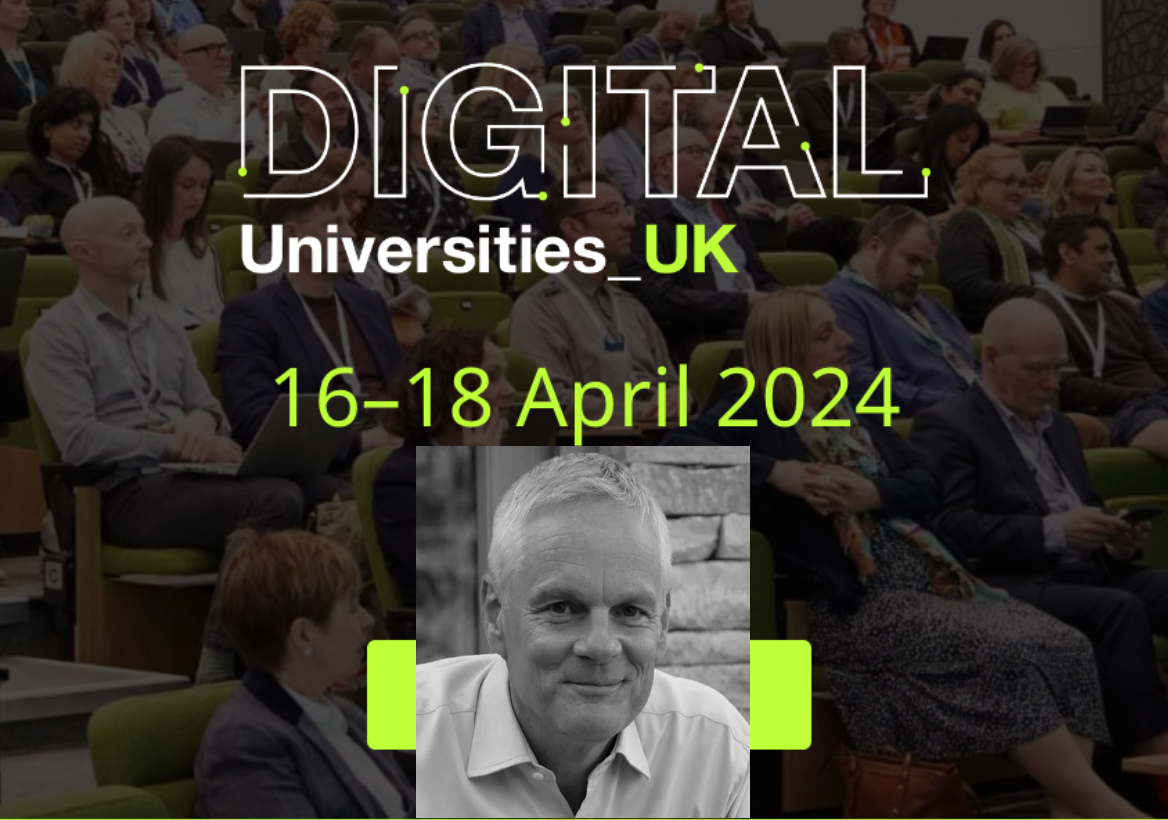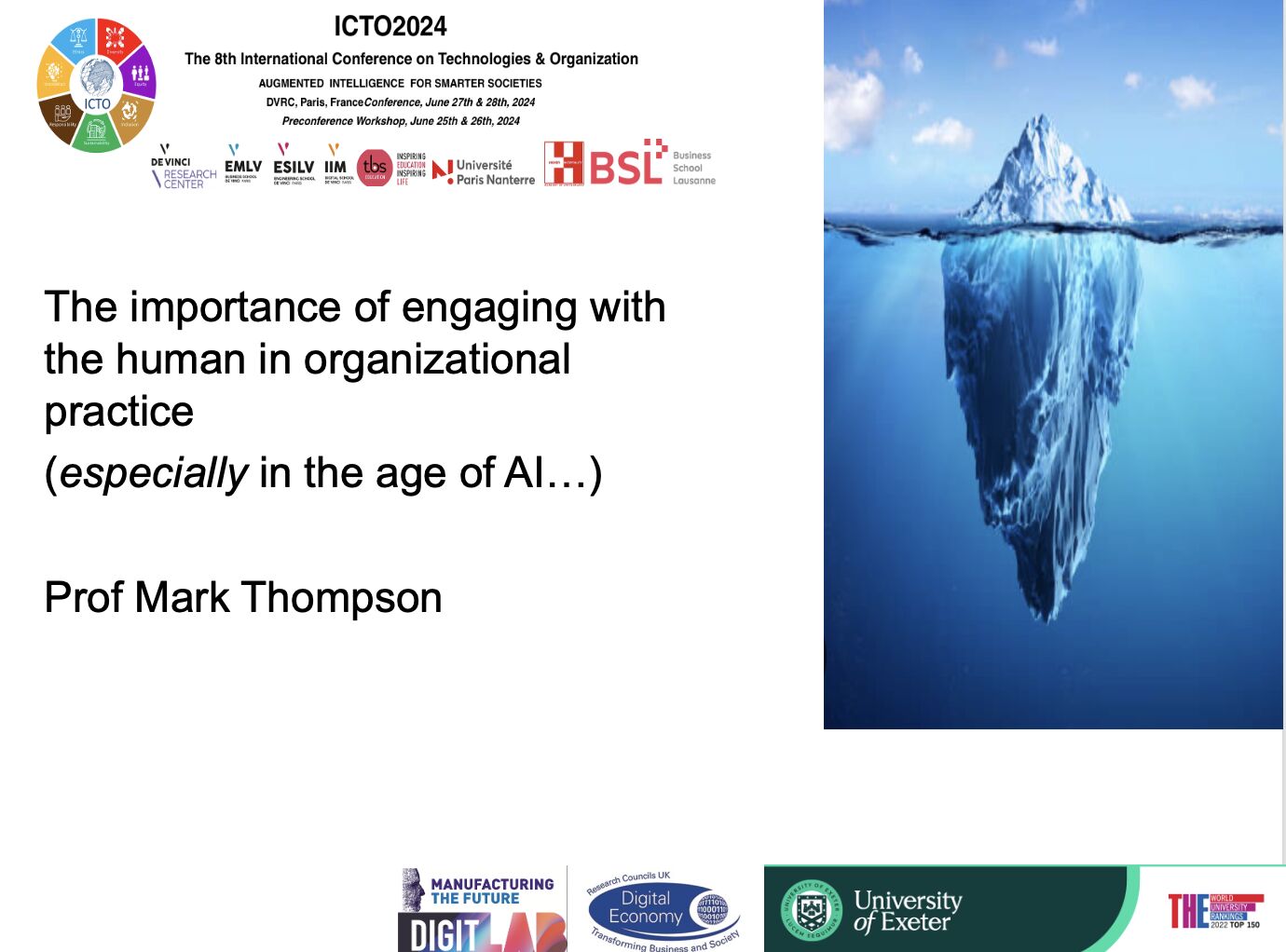By Mark Thompson
On 23 June, I gave a presentation on a panel titled “Subjectivity, subjects, asubjectivation and subjectivation: which relevance for posthumanist studies?”.
Now, those interested in the digital economy might rightly ask themselves what on earth this has to do with technology, and this would be a fair question. In the broadest of all terms, the title asks questions about how technological advancement is affecting who we are as human beings, by changing the way in which we work, shop, socialise, and even entertain ourselves. Again in the broadest of terms, it acknowledges the way in which our sense of self is increasingly made up from these myriad interactions across digital and other media, and we as people are therefore in a sense less stable and ‘unitary’ than perhaps once we were.
In turn, this basic acknowledgement raises a number of interesting questions. Do employers take advantage of this ‘digital susceptibility’, for example, by allowing us to work from home, but to ‘take as much holiday/time off as we feel appropriate to take’? Do advertisers take advantage of our tendency to identify with lifestyles and images we’re presented with online to encourage us to purchase stuff we don’t really want? Are the large social media platforms so financially incentivised by every ‘click’ we perform that they (or rather, the algorithms they set up) feed us progressively shocking, sensational or polarised views of the world to keep us clicking – and monetising – away?
We had an interesting discussion along these lines – and a prominent question was how our participation in the digital economy starts to shape our very selves – and if so, how should we start to think about ourselves? As traditionally defined, individual, units, cognitively in control of our own destinies and able to logically evaluate everything we’re presented with? Or as something a little more collectively created, day by day?
With this question in mind, I talked a bit about the South African philosophy of Ubuntu. Yes – it’s no accident that Mark Shuttleworth named the open source operating system Ubuntu – it was recognising the basic idea that Ubuntu depends as a working operating system on the myriad edits and interactions of the community that sustains it. The writer Du Toit explains Ubuntu as follows:
“In Africa, a person is identified by his or her interrelationships and not primarily by individualistic properties. The community identifies the person and not the person the community. The identity of the person is his or her place in the community. In Africa it is a matter of ‘I participate, therefore I am’… Ubuntu is the principle of ‘I am only because we are, and since we are, therefore I am’. Ubuntu is African humanism” (du Toit, 2004:33).
So where does all this philosophising leave the practical business of designing digital services? For me, the entire user-centric design movement is about understanding your users properly. Surely, this understanding must include taking a moment to think about who these people actually are? How susceptible they are to suggestion? Whether, as organisations, we work more effectively if we use digitised services that build collective identity and ways of communicating? If our employees identify and build self-confidence from a range of, often digitally-maintained sources of identity, should we not encourage and support these, and build them into our work where we can? And last but not least, how do such concerns feed into our ethical policies concerning technology and data?
From time to time, taking a moment to engage in a bit of philosophy about the digital economy can arguably yield some practical benefits, in terms of reminding us a little of who all these people we’re designing digital services for actually are.











